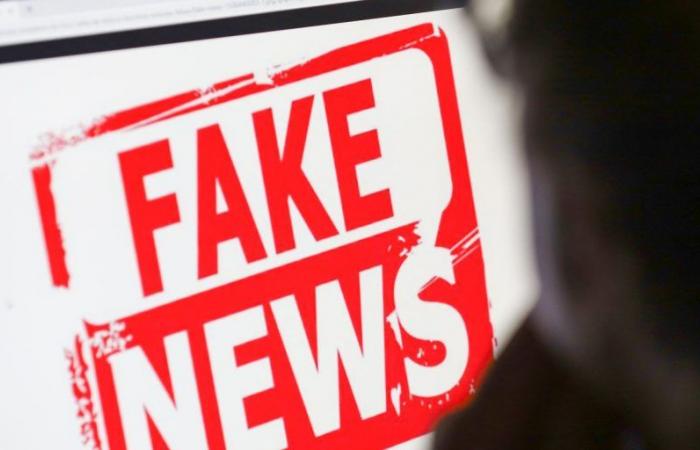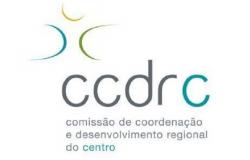A study published this Tuesday (23) by the Rights on the Network Coalition (CDR), a group that brings together more than 50 academic and civil society organizations, analyzed 104 laws from 71 countries or regional blocs and identified that in only three of them – Pakistan , France and the European Union – legislation does not criminalize the dissemination of disinformation in the digital environment.
The report was launched in the Chamber of Deputies, in partnership with social movements and parliamentarians who defend the regulation of platforms in Brazil.
According to the study, several laws were created to criminalize the dissemination of fake news after the covid-19 pandemic. Since 2016, at least 57 laws in 44 countries have been created in this regard.
The coalition warns, however, that criminalizing the dissemination of fake news could harm press freedom, freedom of expression and be used to repress political opponents.
“These legislations share the characteristic of comprehensive language, aimed at combating the spread of misinformation and the spread of fake news. Therefore, many of them revealed harmful implications for freedom of expression in their respective countries, as pointed out by several regional and international organizations”, says the coalition.
The report also highlights the conclusion of the United Nations (UN) special rapporteur David Kayne who, when analyzing disinformation during the covid-19 pandemic, concluded that “the penalization of disinformation is disproportionate, failing to achieve its objective of reducing information and instead prevents individuals from sharing what could be valuable information.”
Among the countries that criminalize the dissemination of disinformation, the report cites South Africa, Costa Rica, Greece, Angola, Thailand, China, Nicaragua and Romania.
The unprecedented study brings a set of international experiences on the topic and suggests lessons that can contribute to the debate in Brazil.
The objective is to assist in the preparation of an effective regulatory proposal aligned with the protection of human and fundamental rights of users and the promotion of democracy and social justice.
Brazil
In the national case, the group argues that “Brazilian criminal and electoral legislation already has infractions that account for the most serious offenses involved in the production and dissemination of false information, violent speeches and attacks on institutions”.
Law 14,197 of 2021, for example, defines that it is a crime to attempt to depose a legitimately elected government or restrict the exercise of constituted powers, with penalties ranging from 4 to 12 years in prison.
The last bill (PL) on the topic under consideration by Congress, PL 2630, by rapporteur Orlando Silva (PcdoB-SP), provided for the criminalization of the “mass” dissemination of messages that contained facts known to be untrue. The text was discarded after the president of the House, deputy Arthur Lira (PP-AL), argued that it was “contaminated” by the ideological debate. As a result, a working group was created to produce a new proposal.
CDR representative, Bruna Santos assesses that criminalization should be the last resort, and that other measures should be taken to combat disinformation.
“The most appropriate tool would be the approval of democratic regulation, which guarantees more transparency – including regarding advertisements and other content -, which requires specific policies on harmful content such as hate speech and political and gender-based violence, and which implements due process for the platforms to operate”, he argues.
Also according to Bruna, the research identified that rich countries have been more successful in regulating platforms. “The difficulty in advancing the agenda exists, but I would say that it is more present in countries in the Global South, where platforms have applied their own rules,” she added.
The Global South is the term used to refer to undeveloped countries that, for the most part, are located in the Southern Hemisphere of the planet.
Risk to democracy
Social movements and experts gathered this Tuesday in the Chamber of Deputies argue that the future of Brazilian democracy depends on adequate regulation of social media.
The entities claim that there is an international far-right coalition opposed to the regulation of platforms and that seeks to destabilize democracies around the world.
“It is a deliberate attempt to disrupt democracy. And that uses Brazil as a laboratory for something that will try to advance at an international level”, said Arthur Mello, advocacy coordinator at Pacto pela Democracia, an organization with more than 200 civil society entities.
Digital influencer Felipe Neto, who has more than 17 million followers on a social network, believes that those who defend democratic rules for platforms are losing the debate.
“What is the audience hearing with these two words [regulação e regulamentação] It’s censorship. It’s wrong, it’s completely wrong. But the extreme right substantiated this precept. Today, when we use regulation, regulation, what people hear is censorship”, stated Neto, asking that new words be used to defend the project.
Coordinator of the technology group of the Homeless Workers Movement (MTST), Alexandre Zago Boava, defends the inclusion of workers in the debate.
“The people may not know what the data holder is, they may not know how the Marco Civil da Internet [Lei 12.965 de 2014] protects him, or how PL 2630 does not take away his freedom of expression. But he certainly won’t want to hand over the data if he knows that that data is being used against him, nor will he want to suffer crimes and violence within the network, regardless of whether he understands the Marco Civil or not”, he said.






